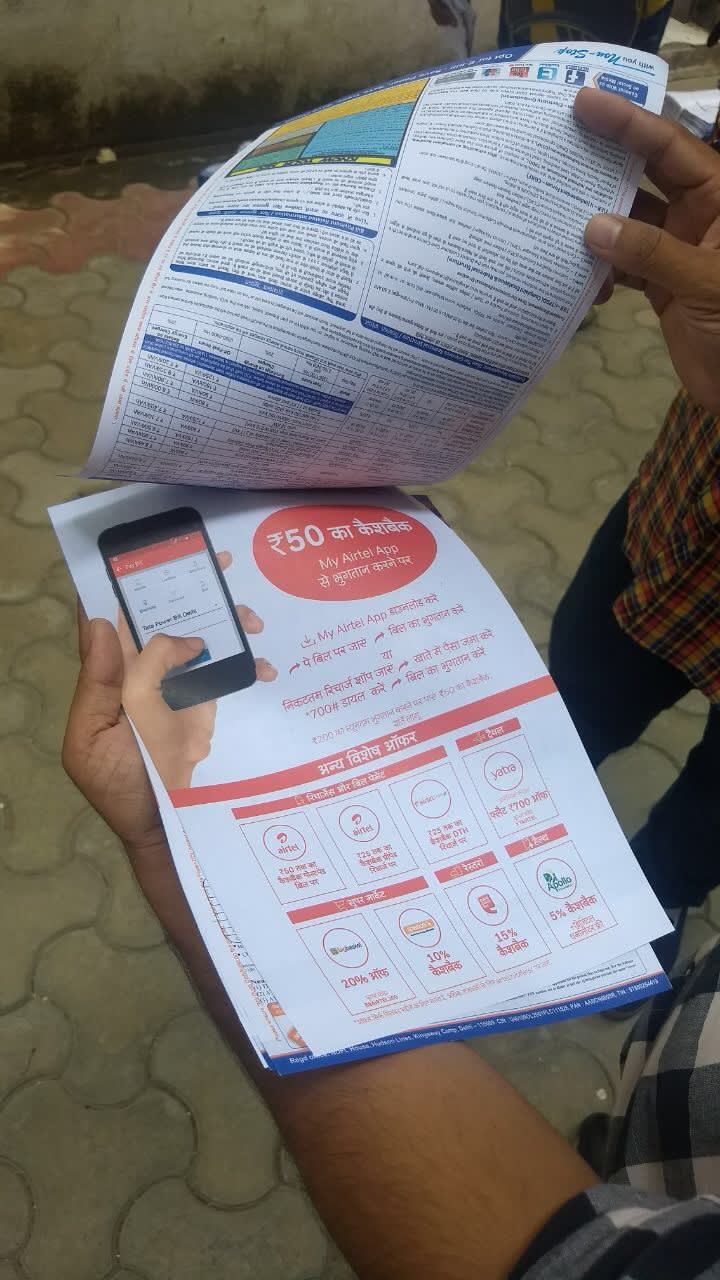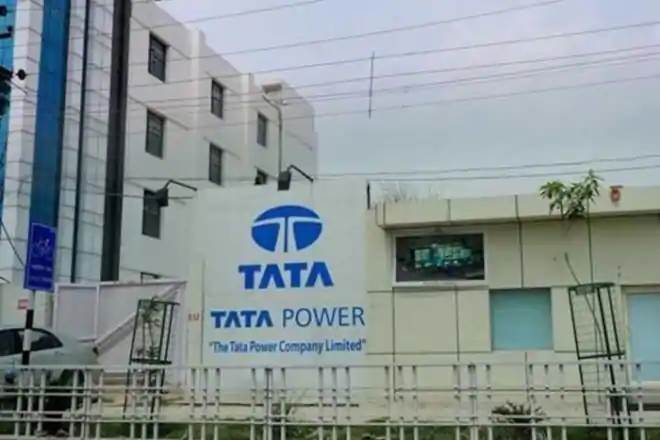Electricity bills of Tata Power consumers in Mumbai to reduce by 25-35%

Electricity bills of Tata Power consumers in Mumbai to reduce by 25-35%
In May, Tata Power, a private electricity distribution company, approached the Appellate Tribunal of Electricity (APTEL) seeking a stay on the multi-year tariff (MYT) for the years 2023-24 and 2024-25 issued by the Maharashtra Electricity Regulatory Commission (MERC). Tata Power claimed that the tariffs calculated by MERC were higher than they should be.

The purpose of Tata Power’s appeal was to temporarily halt the implementation of the MERC’s tariff order and continue using the tariff structure determined in MERC’s 2020 order until APTEL comes up with its final decision. By seeking this stay, Tata Power aimed to prevent its consumers from migrating to other electricity distribution companies in Mumbai, such as Adani Electricity Mumbai Ltd (AEML) and BEST (Brihanmumbai Electric Supply and Transport).
While it may be unusual for a private company to publicly claim that the cost of its product has been evaluated at a higher rate, Tata Power likely made this assertion in order to protect its market share and retain its consumer base. By challenging the tariff increase and obtaining a stay order, Tata Power could offer its consumers competitive pricing and prevent them from switching to alternative electricity providers in the region.
It’s important to note that the final outcome of this case will be determined by APTEL after considering all relevant factors and arguments from both Tata Power and MERC. The temporary applicability of MERC’s 2020 tariff order until the final decision ensures that there is no disruption in supply or consumer migration during the interim period.
The tariff order issued by the MERC resulted in AEML having the lowest power tariffs in Mumbai, while Tata Power’s tariffs became the most expensive. This significant difference in pricing led to a migration of consumers from Tata Power to AEML.
During the months of April, May, and June, after the implementation of MERC’s multi-year tariff order, AEML received at least 3,000 applications from customers of Tata Power who wanted to switch their provider. This demonstrates that consumers were actively seeking to take advantage of the lower tariffs offered by AEML.
AEML holds a market share of over 50 percent in power distribution in Mumbai. Additionally, the company has a significant penetration of renewable electricity, estimated to be around 30 percent. This higher renewable energy penetration allows AEML to benefit from the lower costs associated with power purchases, which can be passed on to consumers in the form of lower tariffs.
The availability of cheaper electricity through AEML, combined with its strong market presence and renewable energy focus, made it an attractive option for consumers looking for cost-effective and environmentally friendly power supply. The migration of consumers from Tata Power to AEML highlights the importance of competitive pricing and renewable energy sources in the distribution sector.
During the interim period until APTEL issues its final order, Its’s tariff proposal from March 31, 2020, has once again become applicable. This tariff is 25-35 percent lower than the existing tariff, which will benefit the consumers, as stated by Tata Power.
Sanjay Banga, President of Transmission and Distribution at Tata Power, emphasized that this interim stay demonstrates the company’s dedication to delivering affordable to the people of Mumbai. He further mentioned that it’s commitment to providing sustainable power at lower rates is validated by this decision, and the customers will directly experience the benefits of the reduced tariff. It aims to ensure that the relief granted by APTEL is passed on to its 7.5 lakh consumers, reinforcing their commitment to fairness and affordability.
Nilesh Kane, Chief of Mumbai Distribution at Tata Power, emphasized the company’s long-standing reputation for delivering power at competitive rates in Mumbai and their customer-centric approach. He highlighted that the order from APTEL presents a crucial opportunity to strengthen this commitment and ensure the provision of quality, affordable, sustainable, and reliable power supply that benefits both the customers and the wider community.






